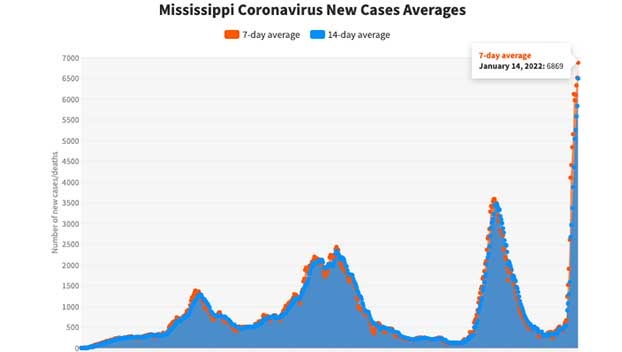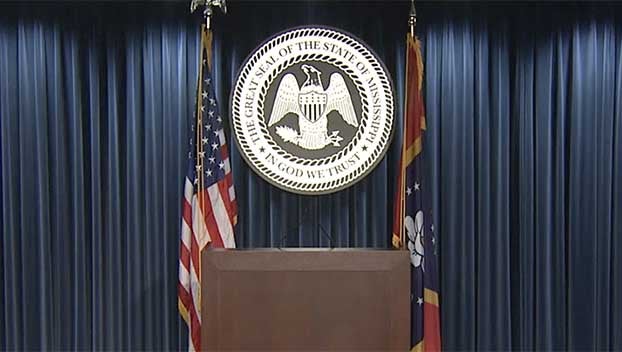If Mississippi’s opioid crisis is considered a criminal justice issue, it won’t be solved. And more people will die.
Published 6:36 am Wednesday, January 10, 2018
Gov. Phil Bryant addressed Mississippi’s opioid crisis Tuesday in his annual State of the State address, emphasizing the work of Mississippi’s law enforcement agencies and praising media coverage of illegal drug-related activity as “shining a light on the horrible consequences of this behavior.”
The problem with this is Mississippi’s opioid crisis doesn’t live in a jail cell or a drug raid. No length or severity of punishment addresses the deadliness of addiction, and as long as addicts are treated like criminals who deserve to pay the price for becoming addicts rather than people who are battling a disease, this problem isn’t going away.
VOX journalist German Lopez, who spent most of 2017 covering the opioid epidemic from several angles paired with in-depth research, recently summed up viewing addiction through the lens of criminal justice as “the stigmatization of addiction not as a disease but as a moral failure.”
He’s right. The stigma of addiction prevents the opioid crisis from being fully embraced as a public health issue because there are just too many moral implications in the way. And this is why so much of the country is failing when it comes to implementing meaningful solutions to helping people recover from drug addiction—Mississippi included.
Proven solutions such as needle exchanges and medication-assisted treatment, which, as Lopez reports, can “cut all-cause mortality among opioid addiction patients by half or more,” often aren’t treated as solutions but as evidence of an addict’s “weakness” or “failure” to recover.
When officials and media sources focus more on how law enforcement is working to curb the crisis than how addiction is (and more importantly, isn’t) treated as a public health issue, it perpetuates the stigma that addicts deserve to pay the price for their bad behavior along with the backward thinking that criminalizing addiction somehow stops it.
As long as opioid addiction is viewed as a moral problem to be punished than as a health issue in need of sustainable treatment, Mississippians will continue to die.
The clock is ticking.





